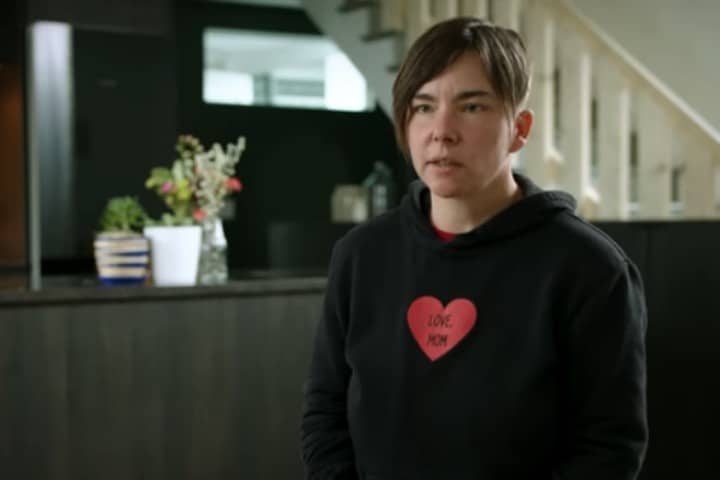
A Chicago woman lost custody of her daughter after the girl decided she was transgender and declared that she felt “unsafe” around her mother, who, despite being a self-described radical feminist and lifelong Democrat, doesn’t buy the notion that humans can choose their own gender.
When Jeannette Cooper and her ex-husband divorced in 2015, Cooper was granted custody of their then-12-year-old daughter, Sophia, for six days and seven nights a week. Cooper told Kelsey Bolar of the Independent Women’s Forum that “she and her daughter were extremely close.”
One day in 2019, Sophia went to her father’s house for her regular visit; that night, her dad refused to release her back into her mom’s custody. “The next morning, Jeannette, for the first time, learned that Sophia identified as transgender and did not feel ‘safe’ in her care,” wrote Bolar. That was quite a shock, not only because Cooper and her daughter had been so close but also because Cooper is anything but picky about gender roles.
“I don’t think there are any bounds on what it means to be female other than to exist in a female body,” she said.
However, she acknowledged that “she may have commented in Sophia’s presence about news stories regarding teenagers who seek to transition, expressing her view that many of these kids just need to find a way to become comfortable with their bodies and find people who appreciated their unique personalities — not to identify outside of their sex,” Bolar reported.
Of course, in the present climate, even the slightest skepticism of the transgender craze is enough to brand one a “hater” who must be destroyed. Thus, when Sophia’s father told the court that Sophia was “no longer mentally or emotionally safe” in her mother’s home and that he, therefore, should have complete custody and decision-making power over Sophia, the court agreed, pending an investigation.
Cooper, meanwhile, came to her own conclusion about what was really going on. According to Bolar:
Jeannette believed that Sophia’s new stepmother, a licensed psychotherapist, had encouraged Sophia to separate from Jeannette. Little by little, piece by piece, Jeannette said her daughter’s stepmother helped orchestrate a custody change under the auspice of “saving” Sophia.
Three years later, Sophia still presents as feminine — as she always had — but goes by the name “Ash” using the preferred pronouns xe/xyr/xyrs.
The court-ordered investigation of Sophia’s father’s allegations took seven months. Cooper expected to be cleared of any wrongdoing, but she hadn’t reckoned with the power of the transgender cult. Bolar noted that while there is “no mention of abuse or neglect” in the publicly available court documents, they do state that Cooper needs to “further [her] understanding of an[d] support of the minor child as it relates to the minor child’s gender dysphoria.”
“They want me to have a certain understanding that there is such a thing as a child who is born transgender, and this is who they are,” Cooper explained. “I do not believe that to be true. I will not lie to the court. I will not state otherwise. I believe too strongly in my oath to tell the truth. My child is a girl, and I won’t lie to her or anyone else. I think that’s good parenting.”
Cooper entered into a new agreement last year. That agreement gives her ex-husband full custody of Sophia, with no visitation rights for Cooper without a court order or her ex’s consent. She is only allowed to communicate with Sophia by mail. The one good point of the agreement is that Sophia may not medically transition absent a court order or her mother’s consent.
Cooper doesn’t blame Sophia for what has happened.
“I’m not mad at my daughter. I’m not disappointed in her,” she said. “I’m disappointed in the adults who have failed to protect and support her growth and development.”
“I see that my child is at sea in a boat,” she added. “She is struggling. She is in tumultuous seas. I know that. I have seen that. And what I have been told is to follow her lead, to follow her in this journey. I am not willing to do that. I don’t think that is good parenting. It’s my responsibility not to hook my boat to hers. It is my responsibility to be a lighthouse, to be something stable that she can see, some guide that she has, that will always be there, that is consistent.”



